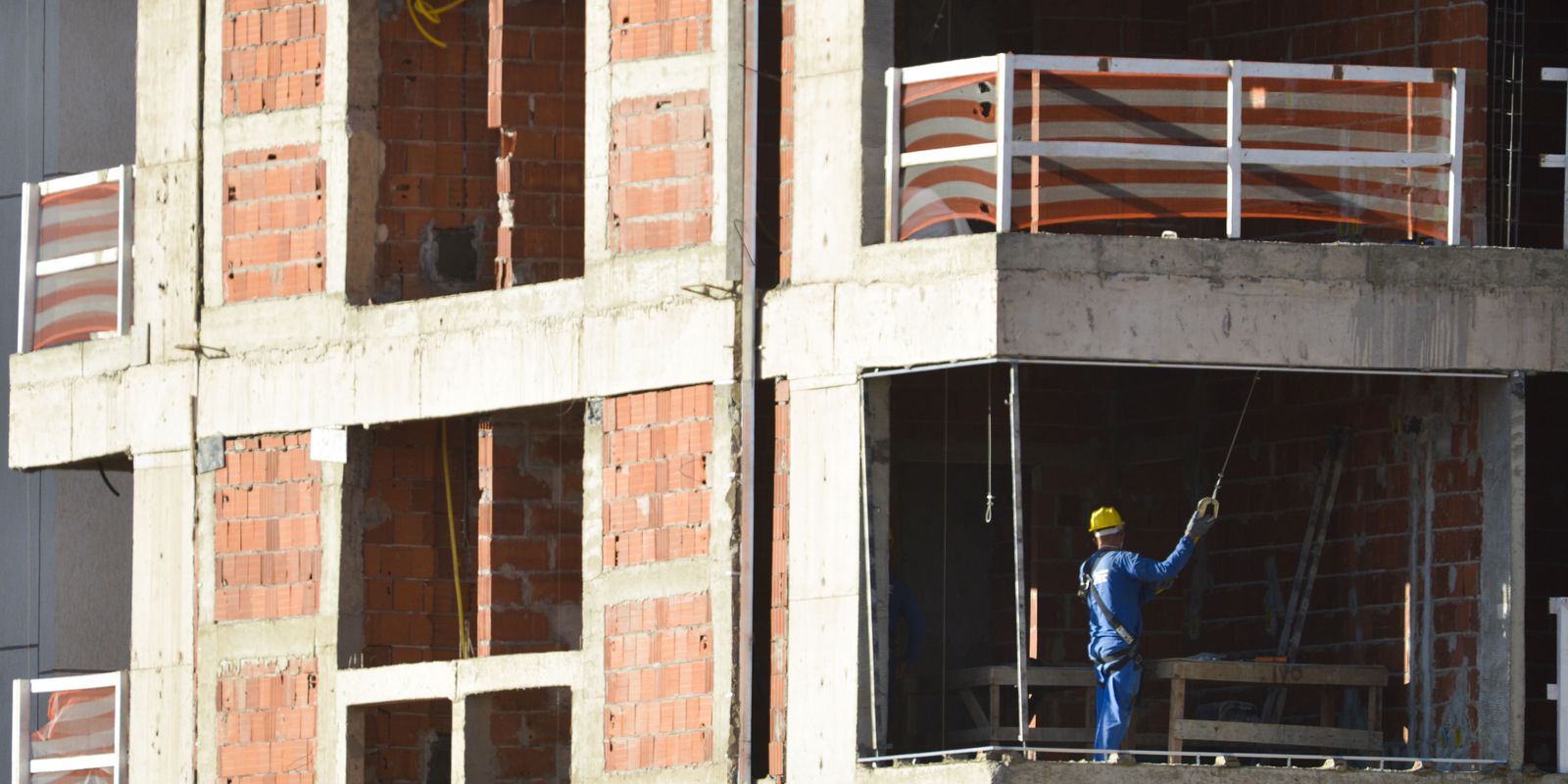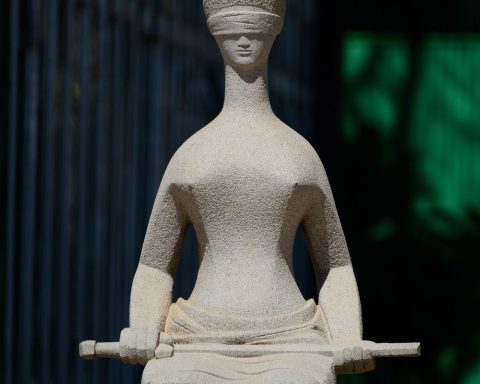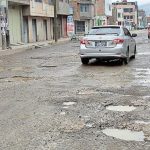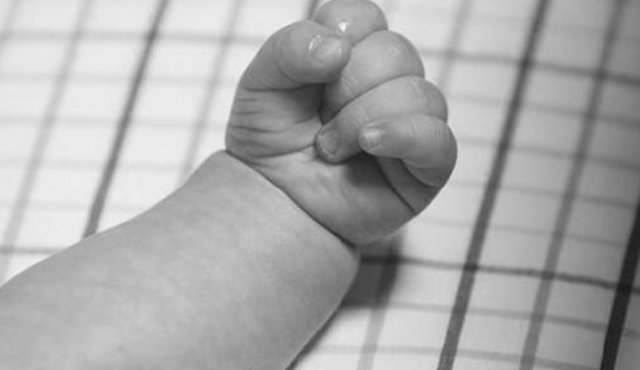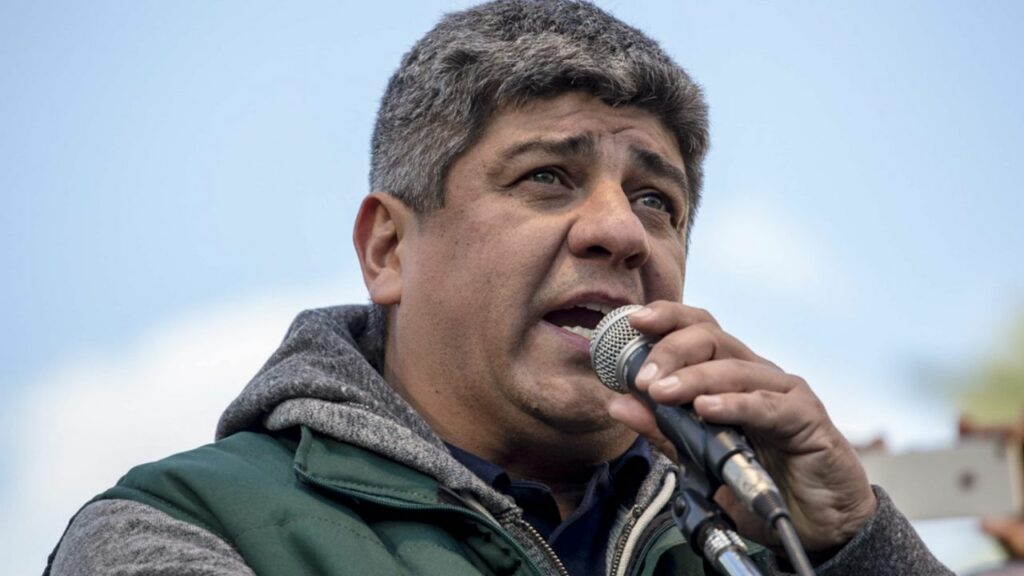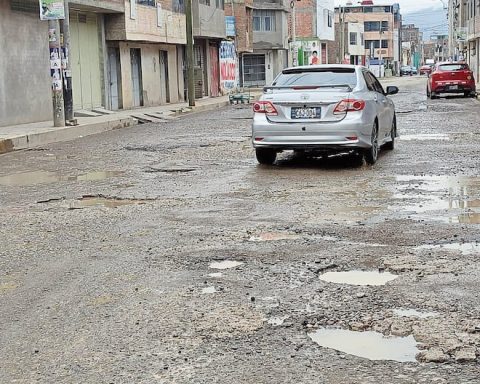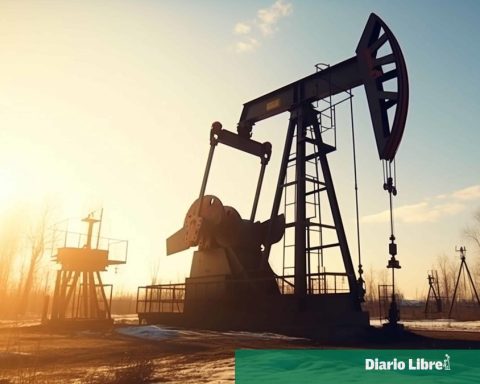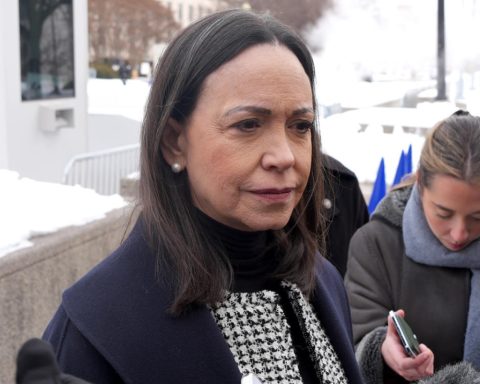The Construction Confidence Index (ICST) calculated by the Brazilian Institute of Economics of the Getulio Vargas Foundation (FGV-Ibre) increased 3.5 points in September and reached 101.7 points. It is the highest level since November 2012, when it stood at 102.3 points. The year-to-date increase reached 5 points. In the quarterly moving averages, the index registered an increase of 1.4 points.
According to Ibre, the improvement in the assessments about the current moment and the perspectives for the coming months contributed to the result in the month. The Current Situation Index rose 1.3 points and reached 97.7 points. Since January 2014, when it was at 98.3 points, it has not had such a high level.
In the evaluation of the researchers, the variation results, mainly, from a more favorable perception of the entrepreneurs about the current situation of the businesses. This indicator rose 1.8 points to 98 points. Another increase was registered in the indicator that measures the volume of the contract portfolio (0.9 points), which with the performance reached 97.4 points.
The Expectations Index (EI-CST) rose 5.6 points to 105.7 points. The rise, according to Ibre, was impacted by optimism regarding the business trend in the next 6 months and short-term demand, whose indicators advanced 8.8 points and 2.5 points to 106.1 points and 105.3 points. , respectively.
Capacity
With a variation of 0.3 percentage point (pp), reaching 78%, the Capacity Utilization Level (Nuci) of Construction was relatively stable, as well as the Nuci of Manpower, which remained at 78.9%. Nuci Machinery and Equipment changed 0.5 percentage point to 73.2%.
Also in September, 26.1% of businessmen continued to point out the cost of raw materials as the main limitation to improving business. Although it is still a much higher level than the pre-pandemic period, it already represents a significant drop after reaching a record 40% of citations in 2021, which reflects the deceleration of high prices of materials in the period. If compared to September 2021, the drop is 11.5 percentage points.
The coordinator of Construction Projects at FGV-Ibre, Ana Maria Castelo, considered the indication of an improvement in the construction business environment in September to be quite significant.
For her, the confidence index surpassed the neutrality mark, revealing the prevalence of a feeling of optimism. The coordinator pointed out that not all sectoral segments advanced in the same direction, but in the Buildings segment there was an important recovery, which shows a feeling of confidence similar to that achieved in early 2014.
“The result of the September survey strengthens projections of strong growth for construction in 2022, driven by the companies’ business cycle. However, the challenges for the continuity of this growth remain in the face of fiscal weaknesses, which should compromise public investments and the prospect of maintaining high interest rates for much longer,” he said.
